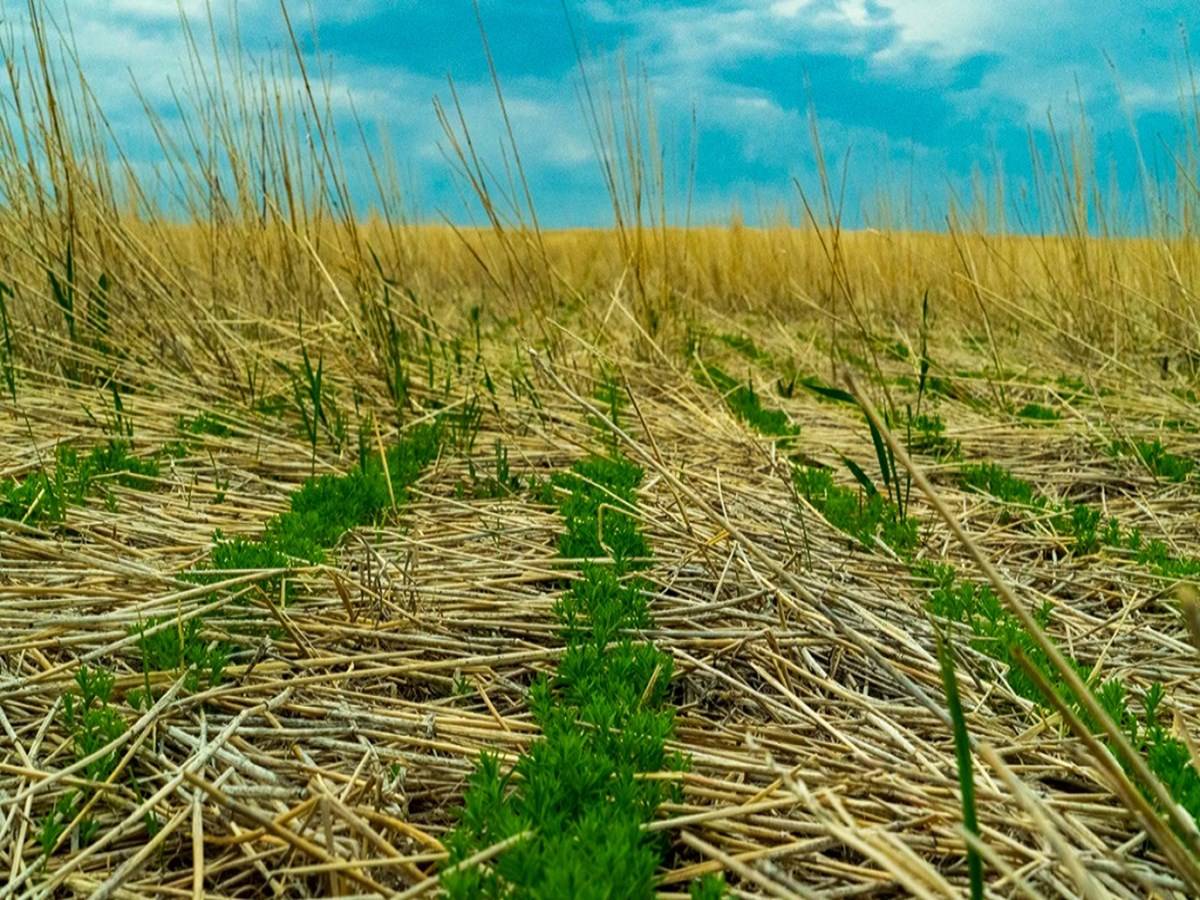
Indian consumers are becoming more health-aware and conscious of what they eat. Due to this tendency, two types of farming have grown in popularity: residue-free and organic farming. Generally, residue-free farming approaches comprise employing organically sourced bio-fertilizers and biocides to safeguard and boost seedlings and plant growth.
Synthetic pesticides are also used to develop the food, which is administered at predefined intervals to ensure that the residue is not present in large quantities, as required by the (MRL) Maximum Residue Level.
Residue-free farming overcomes the drawbacks of organic agricultural methods. For the following reasons, it is critical to promote residue-free farming above organic farming.
Consumption
In comparison to fruits and vegetables grown using alternative approaches, research presently shows that there is no strong evidence that organic produce has a better nutritional value. This disadvantage has been overcome thanks to residue-free farming practices.
Since no toxin is used in the manufacturing process, the fruits and vegetables produced are ideal for people with sensitivities and other dietary restrictions. Their nutritive quality level is both excellent. Despite the benefits, Indian farmers do not openly support residue-free farming.
Production
As shown in a study, organic agricultural practices have such low production capacity that depending only on them will be inadequate to satisfy the demands of an ever-increasing population. Furthermore, organic things are costly to produce, and the mark-up on these products can be as high as 40% in some cases.
Residue-free processes, on the other hand, are cost-effective and do not reduce manufacturing volume. Poly-houses, grafting, bio-fertilizer management, and rainwater collection are among the current practices used. To tackle pesticide contamination in a variety of food products, the Centre has developed the All India Network Project on Pesticide Residues (AINP-PR). Many agritech companies are working with farmers to produce residue-free fruits and vegetables.
Environmental
Chemical fertilizers and insecticides were heavily used in traditional farming practices. These chemicals are not only harmful to consumers, but they also degrade the quality of the environment. For example, they contribute to soil degradation, water contamination, and the extinction of aquatic species, among other things. Organic farming eliminates this problem, but it comes at a high price.
Chemicals are used sparingly or not at all in residue-free techniques. They have no negative impact on any other part of farming. It leaves no unwanted residues, as the name implies. FSSAI has published a list of crop pollutants and their allowed levels to instil a culture of food safety in the country.









